18 GPTs for Scenario Building Powered by AI for Free of 2026
AI GPTs for Scenario Building are advanced tools utilizing Generative Pre-trained Transformers to assist in creating, analyzing, and refining various scenarios. These tools are designed to cater to tasks such as predictive modeling, strategic planning, and hypothetical situation analysis. The incorporation of GPT technology allows for a high degree of customization and adaptability, making them suitable for a wide range of scenario-based applications. Their role in scenario building is crucial as they provide data-driven insights and simulations, aiding in decision-making processes.
Top 10 GPTs for Scenario Building are: 漫画ビルダー,DnDGPT,Alternate History Storyteller,Eldritch Guide,Through the Looking Glass,RPGPT,StarFleet AI,Fallout Adventurer,Foresight Facilitator,FATE Accelerated / Turbo Allround Assistant
漫画ビルダー
Bringing Your Manga Dreams to Life with AI

DnDGPT
Elevate Your Adventure with AI-Powered D&D Expertise

Alternate History Storyteller
AI-powered alternate history exploration
Eldritch Guide
Unravel Mysteries with AI-Powered Guidance

Through the Looking Glass
Craft Your Fantasy, Simplified by AI
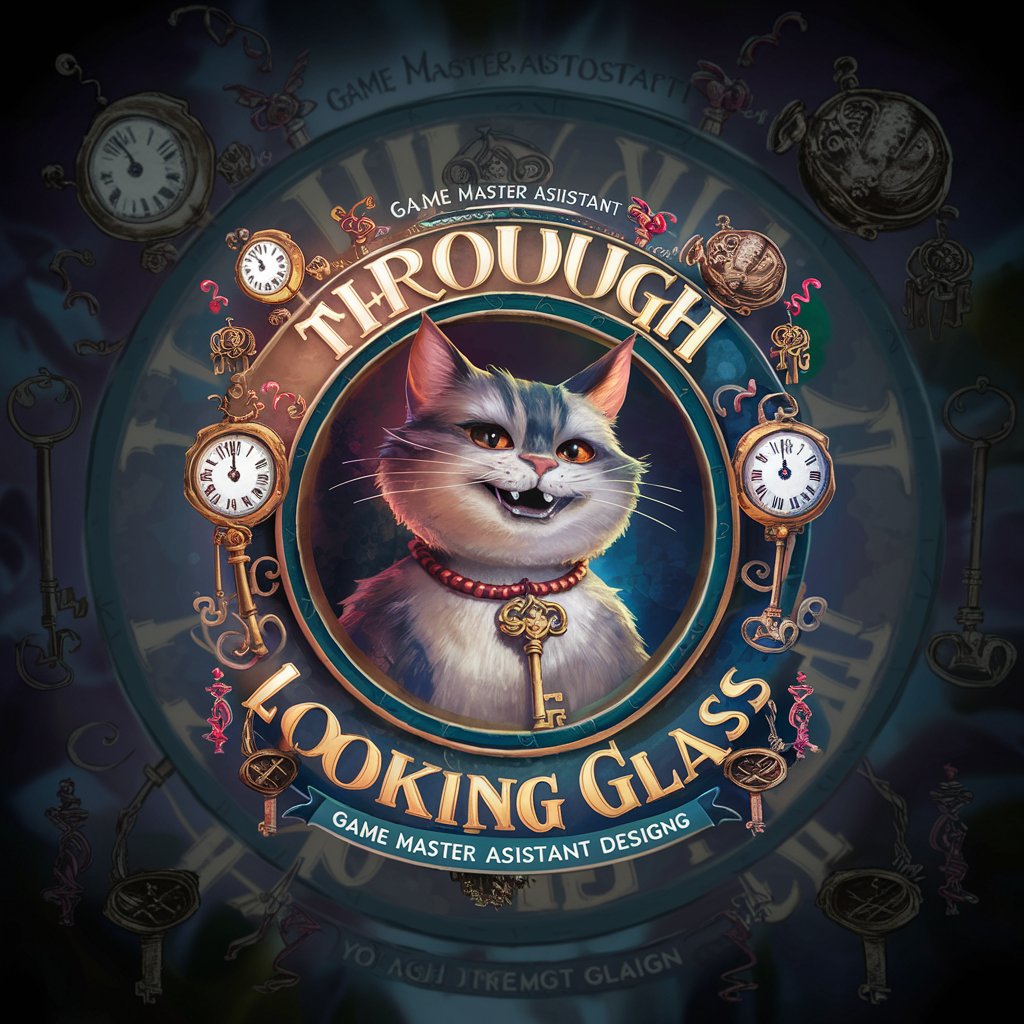
RPGPT
Craft Your Adventure with AI
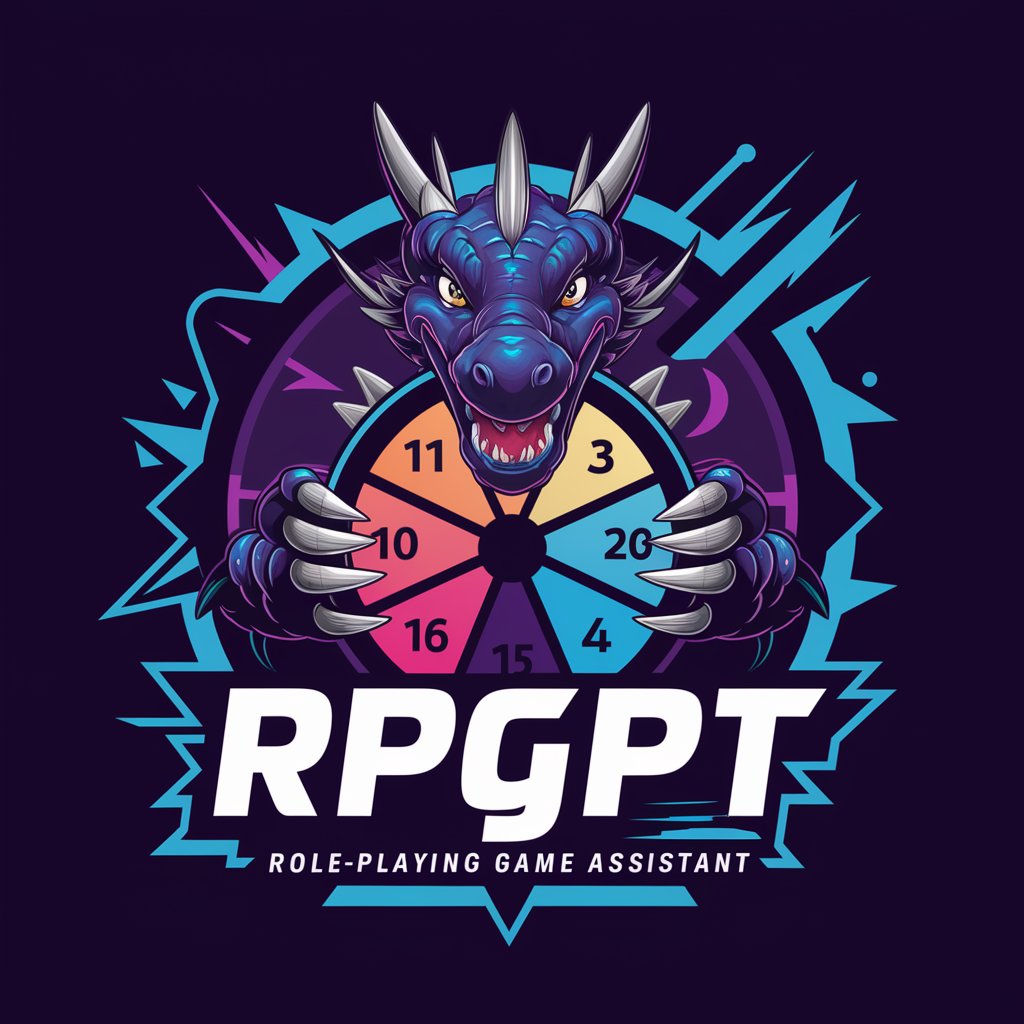
StarFleet AI
Experience the Starfleet Command, powered by AI.
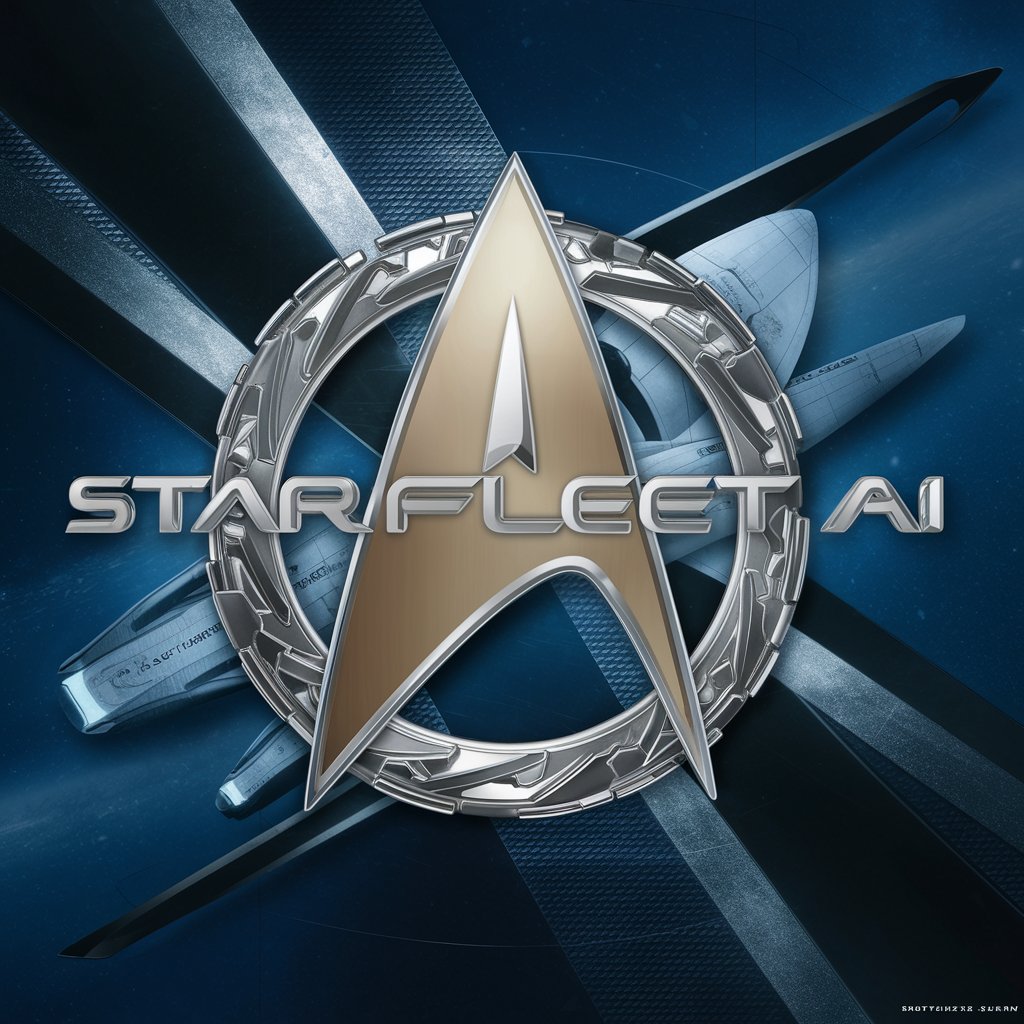
Fallout Adventurer
Navigate the Wasteland with AI-Powered Precision
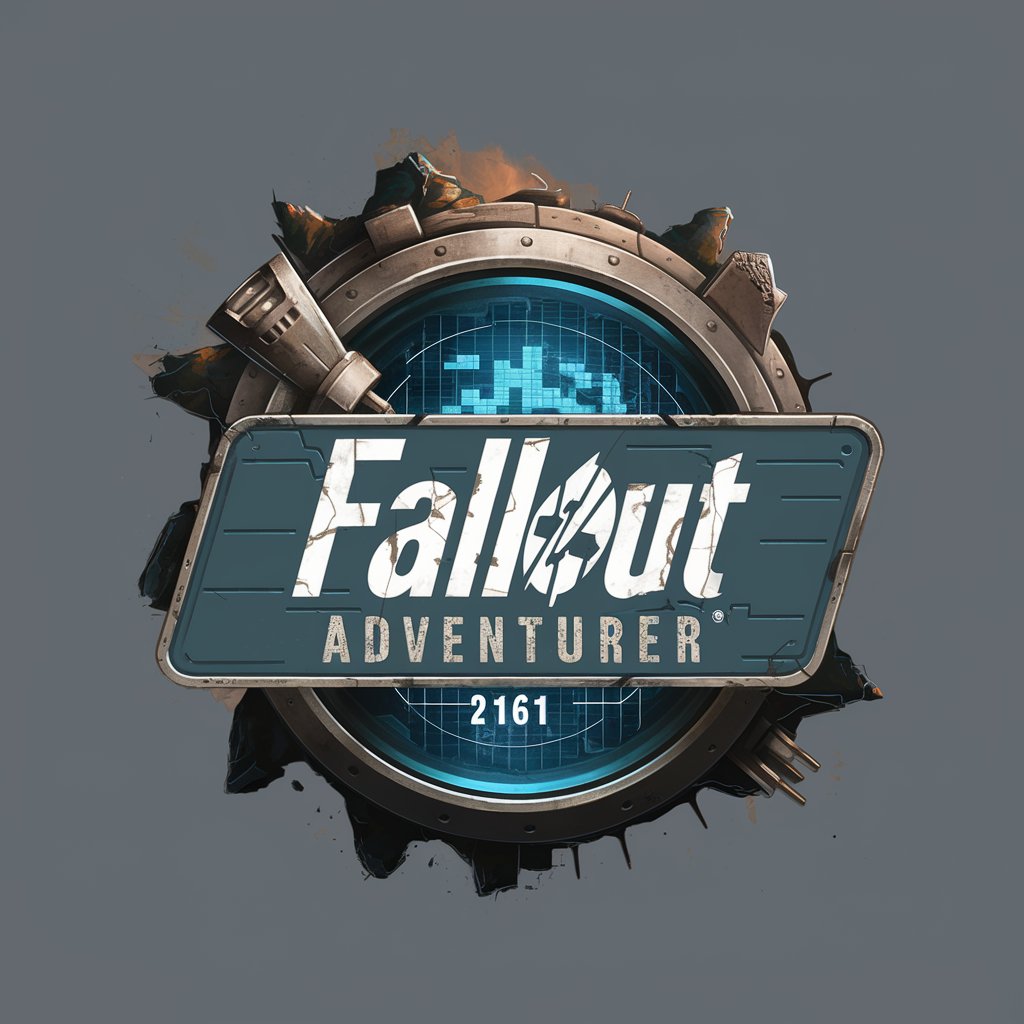
Foresight Facilitator
Envisioning Futures with AI-Powered Insights
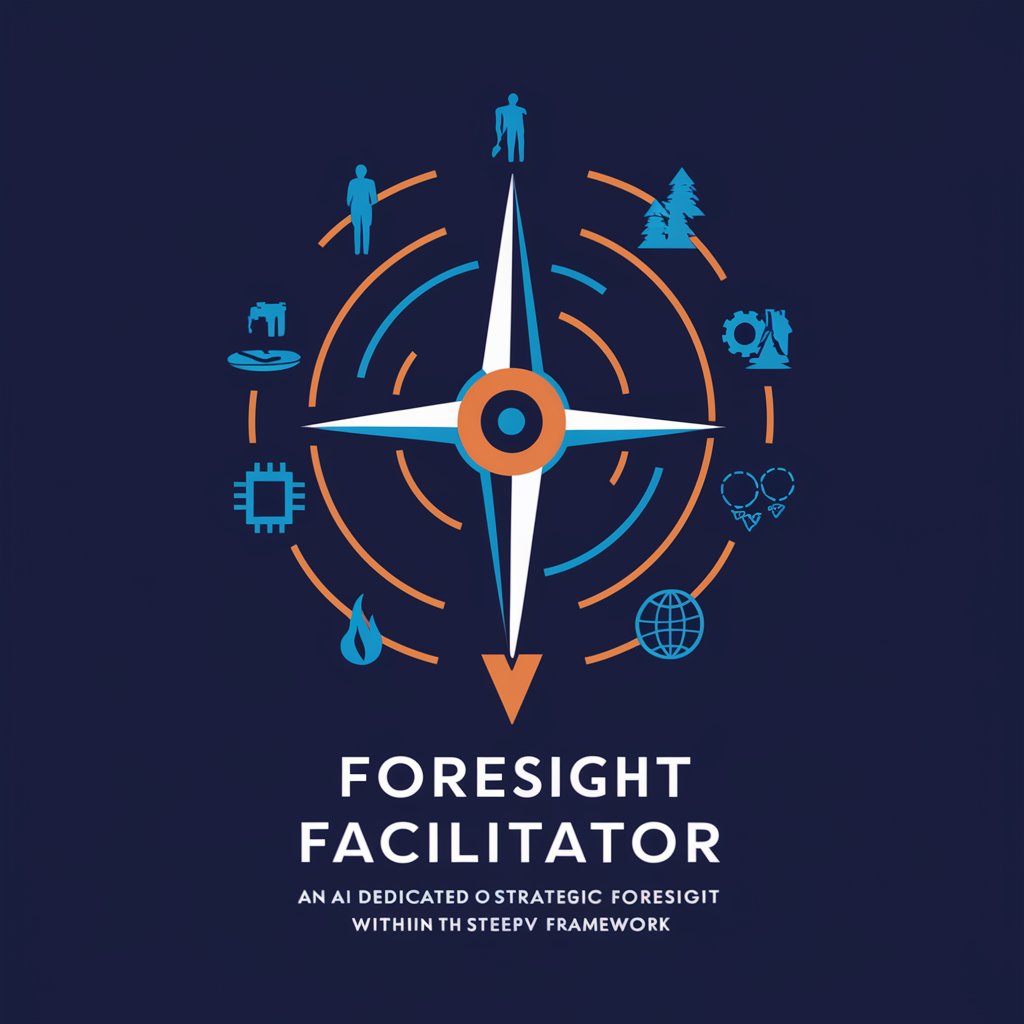
FATE Accelerated / Turbo Allround Assistant
Streamline Your FATE Campaigns with AI
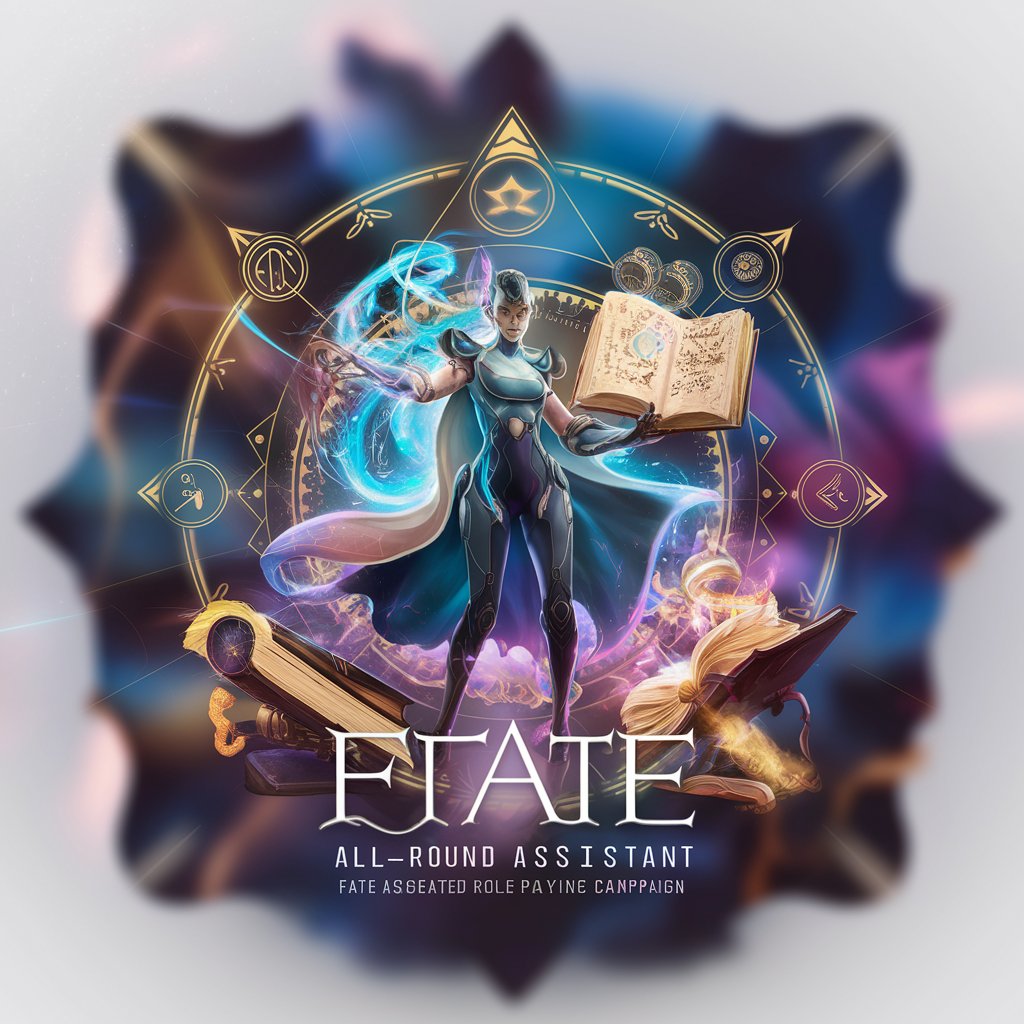
Pathfinder Creative Companion
Unleash your imagination, enhance your Pathfinder 2E campaigns.

Intra Locution : World by Luminosity
Craft Your Cyberpunk Saga with AI

Robert, situacions d'aprenentatge de Biomedicina
Crafting Biomedical Futures with AI
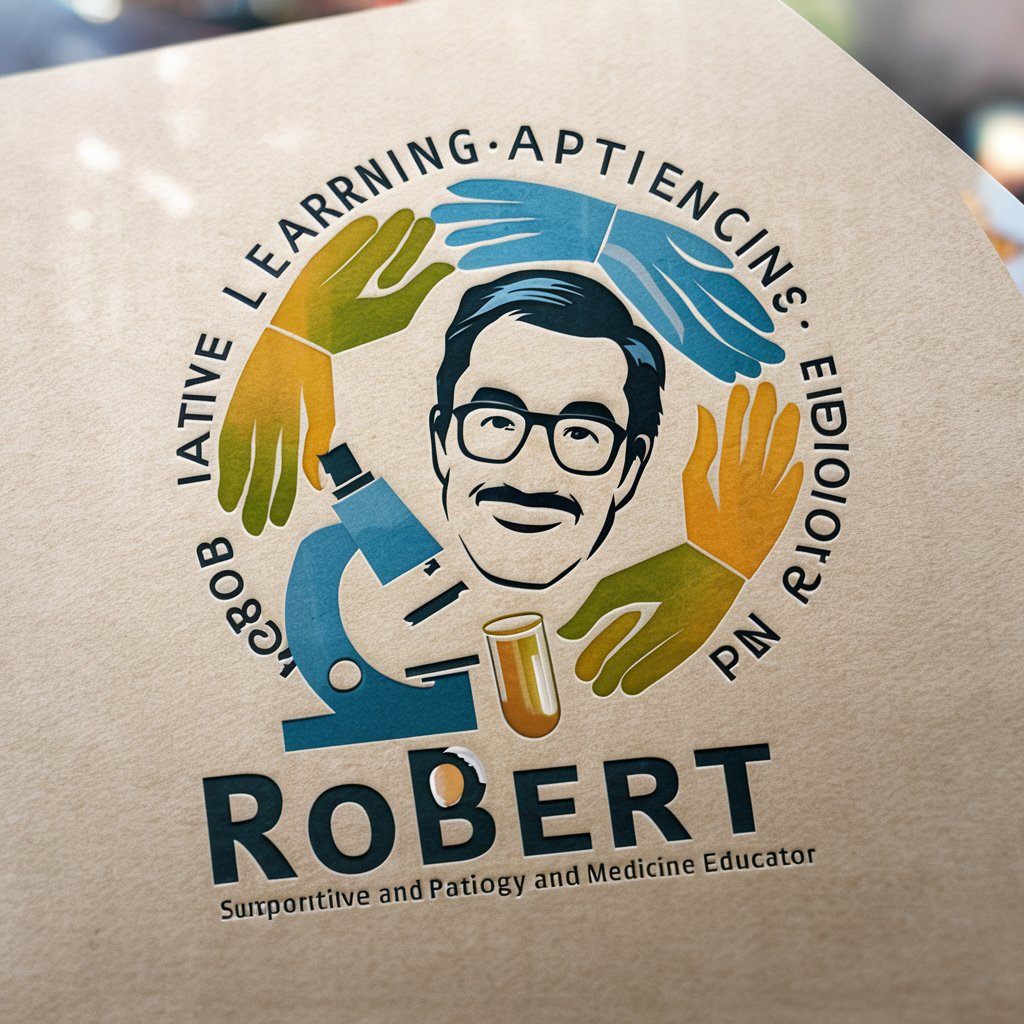
Quest Drafter
Craft Your RPG Adventure with AI
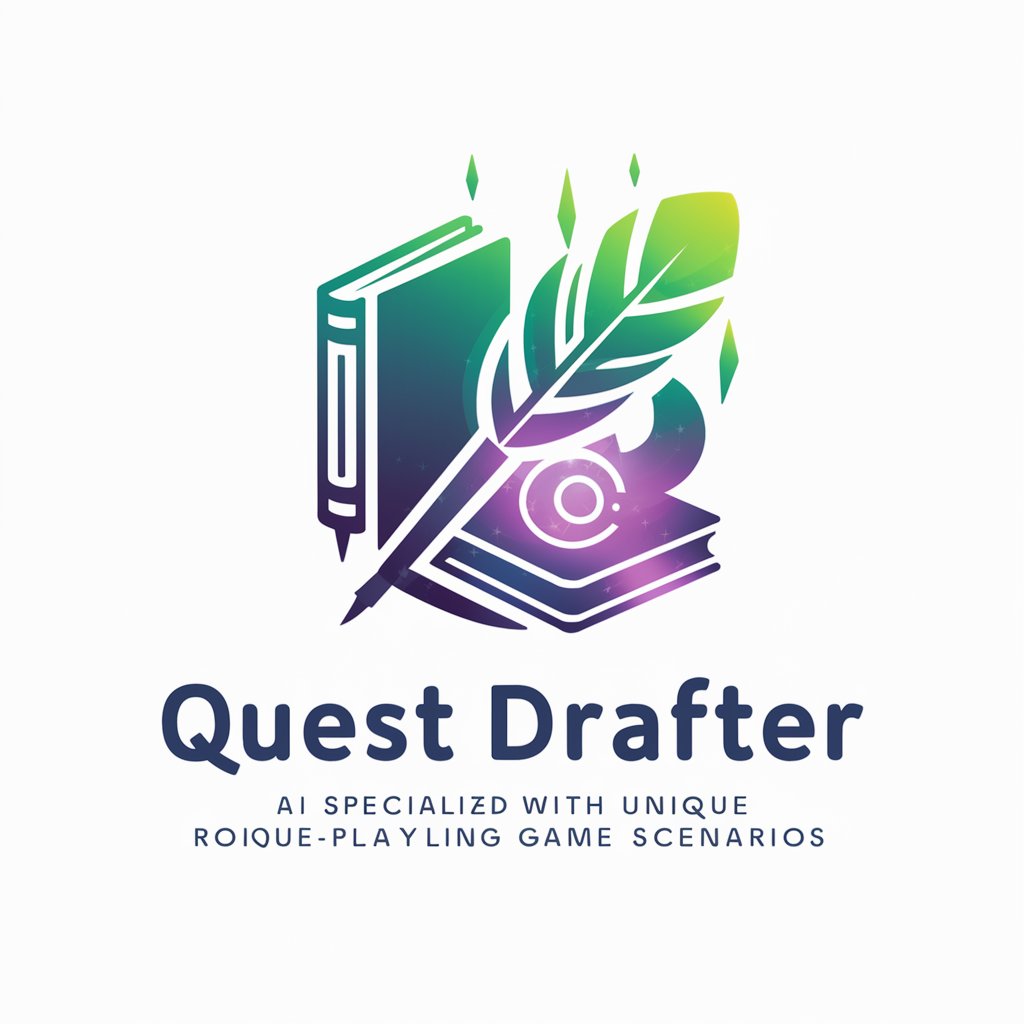
历知
Unlocking the past with AI-powered precision.

Dungeon Encounter Creator
Craft Your Epic, AI-Powered Adventures
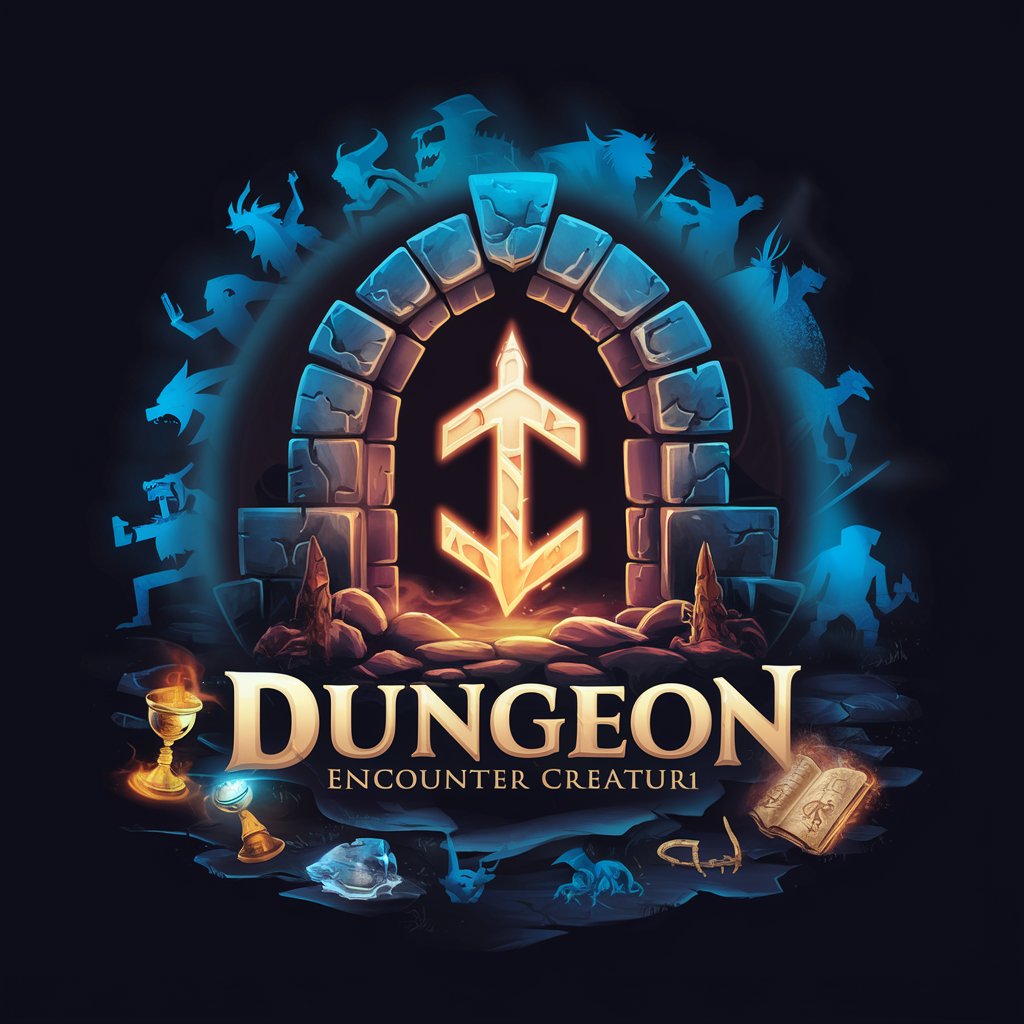
DnDGPT
Your AI-powered D&D companion
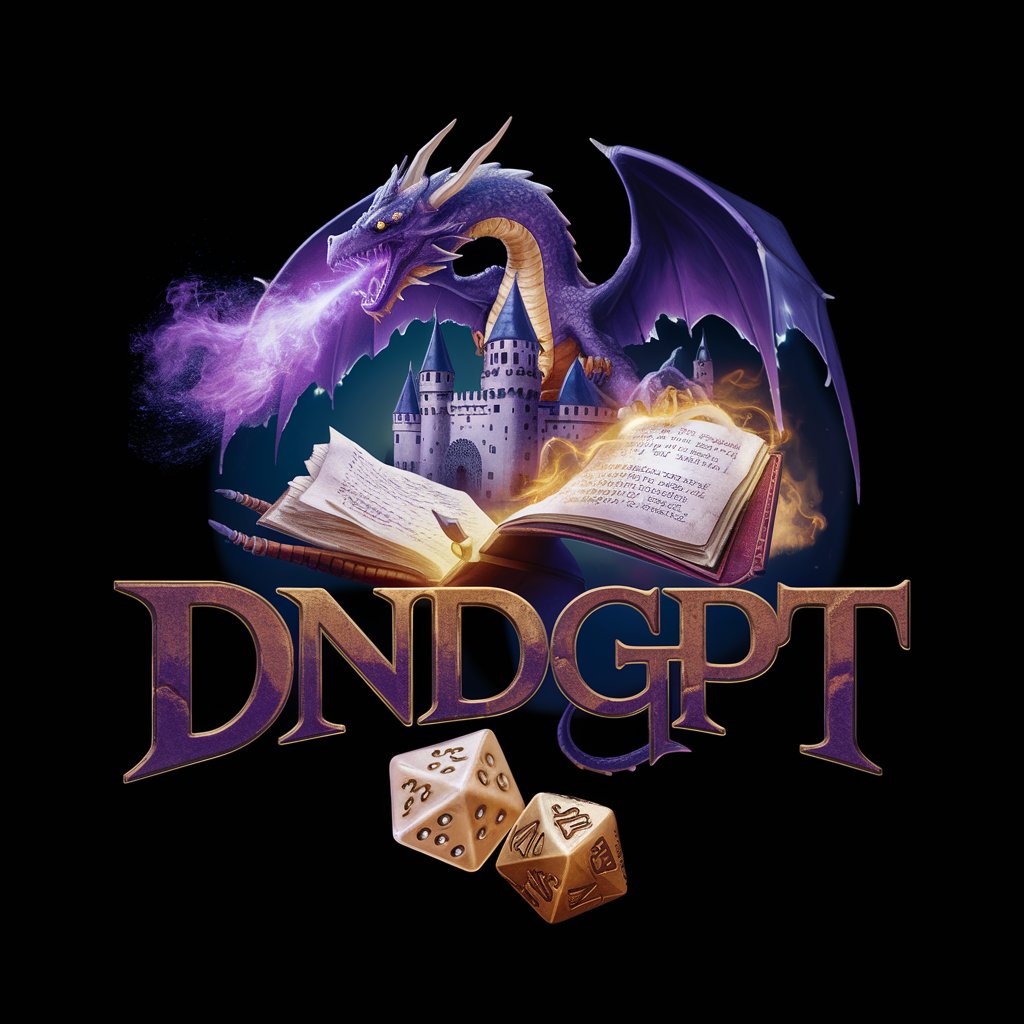
Key Characteristics of AI GPTs in Scenario Crafting
These GPT tools stand out for their adaptability, capable of handling tasks ranging from simple predictive models to complex scenario analyses. Key features include advanced language understanding, which allows for nuanced and context-aware scenario development. Technical support features enable users to create intricate models with minimal coding. Additionally, web searching, image creation, and data analysis capabilities enhance the richness and accuracy of the scenarios crafted.
Intended Users of AI GPTs in Scenario Development
AI GPTs for Scenario Building are ideal for a diverse audience, including novices in strategic planning, developers seeking advanced modeling tools, and professionals in various fields requiring scenario analysis. These tools are accessible to users with limited technical skills while offering extensive customization for those with programming expertise, making them versatile for different levels of users.
Try Our other AI GPTs tools for Free
Rules Clarification
Discover AI-powered GPT tools for Rules Clarification: your solution for understanding complex rules and regulations. Simplifying legal texts with advanced AI, ideal for professionals and laypersons alike.
Lore Exploration
Explore the depths of any narrative with AI GPTs for Lore Exploration. Tailored for writers, researchers, and enthusiasts, these tools make understanding and creating complex stories more intuitive and insightful.
Campaign Enhancement
Discover AI GPTs for Campaign Enhancement: Tailored AI tools revolutionizing campaign strategies with predictive analytics, content automation, and multi-language support for effective, global outreach.
Sermon Preparation
Revolutionize your sermon preparation with AI GPT tools, designed to blend deep theological understanding with contemporary relevance. Perfect for clergy and educators, these tools simplify sermon crafting while offering rich, customized content.
Biblical Language Study
Discover AI GPTs for Biblical Language Study: advanced tools transforming the interpretation and analysis of ancient texts. They offer adaptable solutions for scholars, students, and developers in religious studies.
Scriptural Analysis
Explore AI GPTs for Scriptural Analysis: Advanced AI tools designed to revolutionize the understanding and interpretation of religious texts. Ideal for scholars, students, and enthusiasts alike.
Further Perspectives on AI GPTs in Scenario Elaboration
These tools offer a unique blend of user-friendliness and advanced capabilities, making them a versatile choice for various sectors. Their ability to integrate with existing systems and workflows adds significant value, streamlining the scenario building process. The user interface is typically designed to be intuitive, catering to both novice and experienced users.
Frequently Asked Questions
What exactly are AI GPTs for Scenario Building?
AI GPTs for Scenario Building are specialized tools utilizing AI and machine learning to aid in creating and analyzing various scenarios. They use Generative Pre-trained Transformers to simulate and predict outcomes based on given data.
Can non-technical users easily use these tools?
Yes, these tools are designed to be user-friendly for non-technical users, providing intuitive interfaces and guided functionalities.
What types of scenarios can be built using these tools?
These tools can be used for a wide range of scenarios, including business strategy planning, risk assessment, market analysis, and more.
Are there customization options available for experienced developers?
Yes, experienced developers can access advanced features and customization options to tailor the tools to specific needs.
How do these tools handle data analysis?
They use advanced algorithms and machine learning techniques to analyze data, providing insights and predictions relevant to the scenario being built.
Is there support for image creation and web searching in these tools?
Yes, some AI GPTs for Scenario Building include capabilities for image creation and web searching to enrich the scenario development process.
Can these tools be integrated into existing systems?
Many of these tools are designed to be compatible with existing systems, allowing for seamless integration and enhanced workflow efficiency.
Are there any limitations to what these tools can do?
While these tools are highly advanced, they may have limitations in understanding extremely niche or complex scenarios without sufficient data.